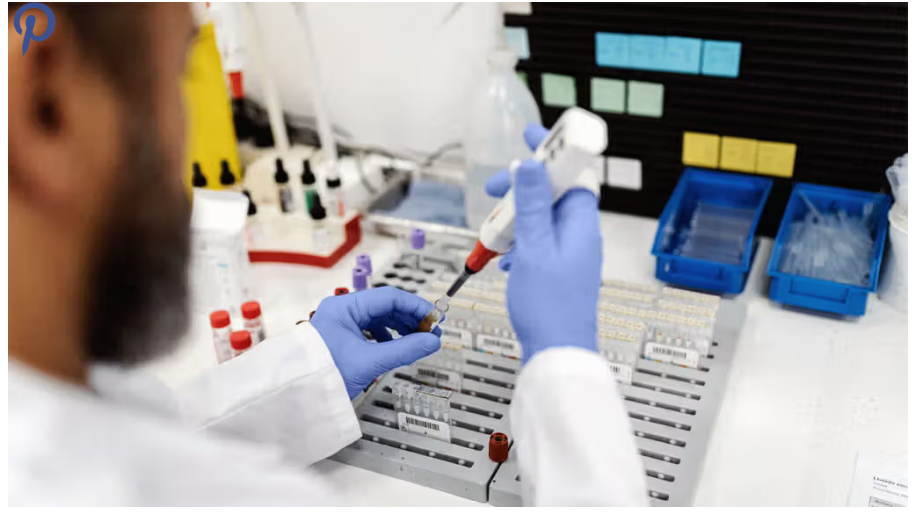In a major medical breakthrough, scientists have developed a new blood test that may be able to predict how long a person is likely to live. This revolutionary development could change the future of preventive healthcare, allowing individuals to better understand their health risks and take proactive steps to extend their lifespan.
🧪 What Does the Test Measure?
The test looks at specific biomarkers in the blood — including proteins, lipids, inflammation indicators, and genetic signals — that are strongly linked with aging, chronic diseases, and mortality. Unlike traditional tests that detect disease after symptoms appear, this one aims to forecast future health risks before they become serious.
Researchers behind the test say it provides a “biological age” estimate, which may differ from your actual chronological age. This biological age is a better predictor of longevity, health span, and age-related disease risk.
🔍 How Accurate Is It?
Initial studies have shown promising results. In clinical trials, the blood test could predict with up to 80% accuracy whether someone would live beyond a certain age — usually within a 5- to 10-year range. While it’s not exact, it gives a powerful general insight into long-term health outlook.
However, experts caution that the test is not a crystal ball. It offers probability, not certainty, and should be used as a tool to guide lifestyle choices rather than as a definitive prediction.
🧘 What You Can Do With This Info
Knowing your biological age and potential life expectancy can be a wake-up call — or a reassurance. It can help you:
- Make better health decisions (diet, exercise, sleep)
- Plan long-term care and financial decisions
- Discuss risk factors more effectively with your doctor
- Start early intervention for diseases like diabetes or heart conditions
⚠️ Ethical & Psychological Concerns
Some bioethicists have raised concerns about the psychological impact of knowing your projected lifespan. Could it cause anxiety? Or lead to fatalistic thinking? Others question how insurance companies or employers might use this data in the future.
That’s why transparency, privacy protections, and informed consent are essential before such tests are rolled out commercially. New Blood Test May Predict How Long You’ll Live.
🧬 The Future of Preventive Health
This blood test is part of a growing trend in personalized medicine, where treatments and lifestyle recommendations are tailored based on individual biology. In the near future, we could see annual checkups including life expectancy estimates alongside blood pressure and cholesterol levels.
📌 Final Thoughts
While we’re still in the early stages, this new blood test offers a glimpse into the future of medicine — one where prevention replaces reaction. Knowing how long you might live isn’t just about predicting death — it’s about empowering better living.



